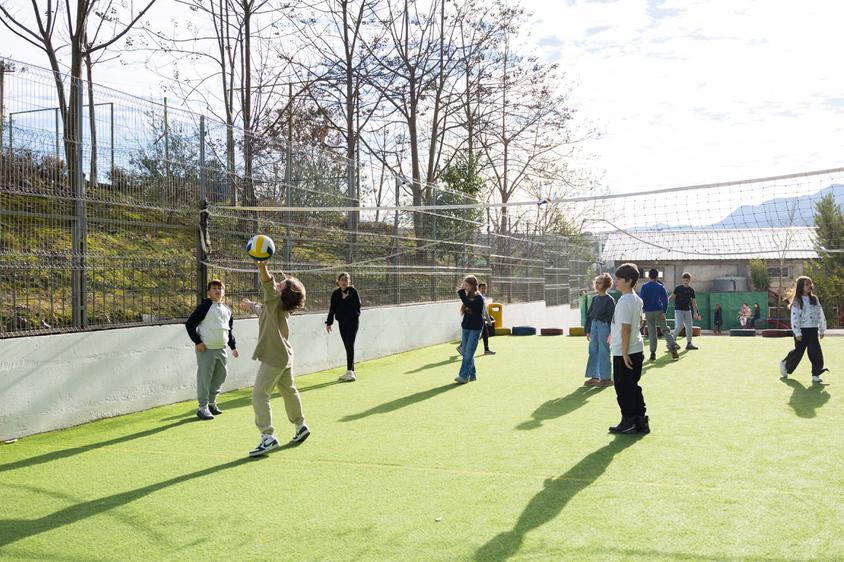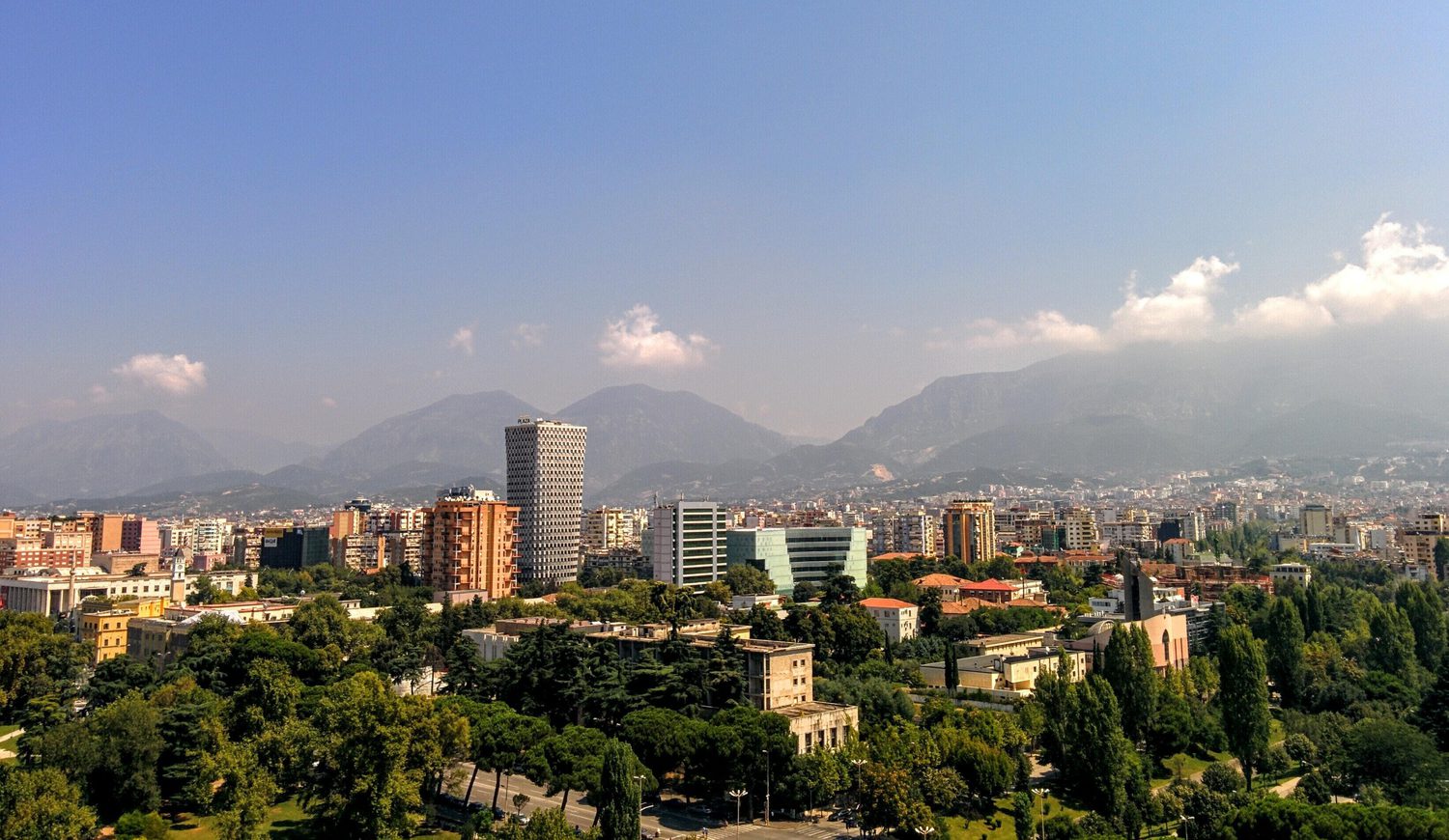What does it mean to be green? Being green is a way of living. It means choosing to live with the environment in mind and thinking about where our resources originate from.
Living green to us means to be conscious of all the things we do on a daily basis. Whether we like it or not our actions affect all other life on Earth, including other human beings. It’s important to think before we act.
First and foremost in being green one must have an understanding of where resources and consumer goods originate. Where were the products made? What materials are contained in these products? Are these products harmful to our families and community? Were people or other life displaced to make this product? How many natural resources were used to make this product? Will this action create more pollution or less?
While this may sound overwhelming, all it takes is education. At WAT, we will have lessons that will give us a better understanding and a greater appreciation for our environment and ways we can help to keep it clean, safe and secure for future generations. So, read the labels, ask questions, look up information from reliable sources, and most of all keep an open mind.

One of the easiest first steps in living green is using the three R’s: Recycle, reuse, and reduce.
Recycling is available to everyone! Schools and office supply stores will take your printer cartridges. Schools and battery suppliers will take old cell phones and the batteries that come with them. At WAT, we have recycling containers on our school grounds where we will learn to separate aluminum cans, plastic and paper items for pickup from a private trash collector in Tirana. There are many other ways to recycle.
Reuse items that can be used over and over again. Bring a ceramic cup or mug to school rather than using paper or plastic cups. Use a refillable water bottle instead of buying bottled water. Buy used clothing instead of new items.
Reducing our consumption is extremely important. Spend the extra money to buy items of quality that will last longer. When shopping in a store, buy only what is needed and not what is wanted. Try not to buy on an impulse.
Conservation is an extremely important part of living green. Turn off appliances and lights when they are not in use. Conserve energy by adjusting your thermostat to consume less. Turn off water until it is needed. Find other ways to reduce water consumption.
Please remember that each of us can make a difference. We must begin to live green for the sake of life on Earth and for the sake of our future.



